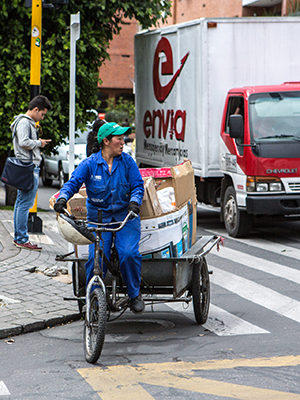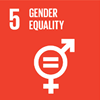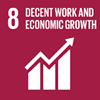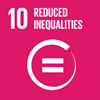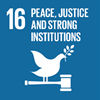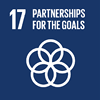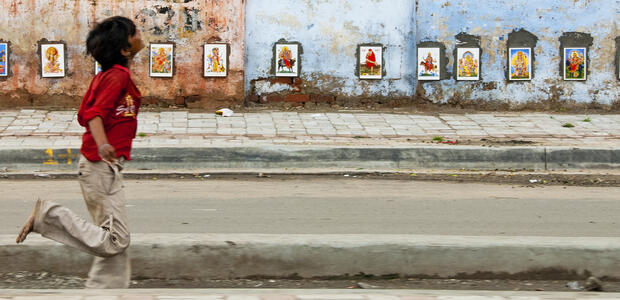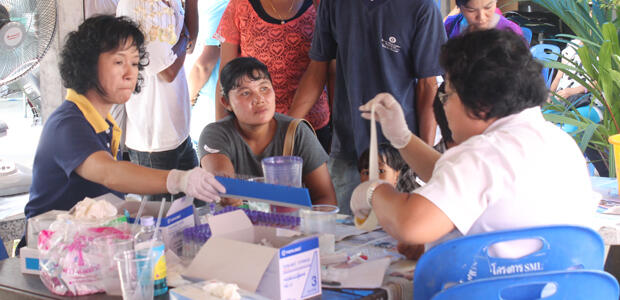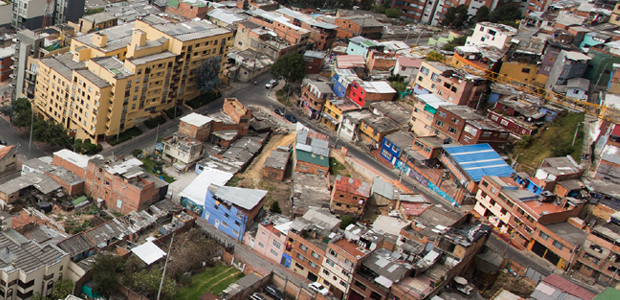Transforming economies, states, and societies
At its core, development is about the well-being of people. But it is also about creating societies which provide fundamental rights and just social political outcomes. Sustainable and inclusive development requires transformative changes across three fundamental areas: in the structures of economies, in the state, and institutions that govern social and market interactions and broader developmental processes, and in society itself. These transformations are central to the achievement of the United Nations’ 2030 Agenda for Sustainable Development and the Sustainable Development Goals (SDGs).
The 2019–23 UNU-WIDER work programme focuses on the interlinked development challenges of transforming economies, states, and societies and maps them against SDGs 5, 8, 10, 16, 17. By mobilizing research evidence for action through the ongoing processes in the UN and its member states, the institute continues to work with stakeholders to strengthen capacities for research, technical, and policy analysis, and facilitate exchange of experiences and knowledge towards bold and collaborative development solutions for countries and regions around the world.
Click on the table below to explore our current work or scroll down to search past projects.
24 active and previous projects
Filter by...
Inclusion
Disadvantaged groups and social mobilityThis project has three main objectives in line with UNU-WIDER’s tradition in the area of inclusion and horizontal inequality: (1) to shed further light on the extent to which inequalities run along ethnic, gender, and other communal lines; (2) to...
Inclusion
World inequalityThe purpose of this project is to advance data collection, measurement, and research regarding the development of inequality in the world. A major focus in this research area is the maintenance, updating, and development of the World Income...
Inclusion
Gender and developmentSubstantial progress toward gender equality and women’s empowerment has occurred over the past four decades, but key gaps, both in opportunity and capability, persist between males and females in all countries. This project focuses on generating high...
2000-01
Refugees, international migration and povertyFleeing poverty, violence and 'ethnic cleansing' millions of people leave their homes every year in search of safety and economic opportunities. In contrast to the migrations of the nineteenth century today's migrations often take place through...
2000-01
Growth and poverty conferenceConferences: 25 May 2001 WIDER Development Conference on Growth and Poverty
2000-01
Debt relief conferenceConferences: 17 August 2001 WIDER Development Conference on Debt Relief
2000-01
Globalization and the obstacles to the successful integration of small vulnerable economiesA key challenge for policy makers is how to bring about the successful integration of the less developed countries into the international system. Many of the obstacles to the meaningful participation of vulnerable developing economies in the...
2000-01
Insurance against povertyHouseholds in developing countries face many risks. Informal insurance mechanisms (marriage, the extended family, and investment in social capital) provide some protection but are weak in the face of major calamities that affect households en masse...
2000-01
Micro-simulation of tax benefit reforms in russiaMicro-simulation models play an important role in policy analysis in developed economies, particularly in connection with the distributional impact of tax and benefit reforms. The objective is to show how the changes affect different households in...
 Join the network
Join the network